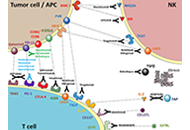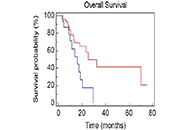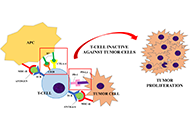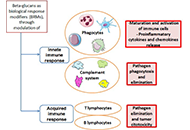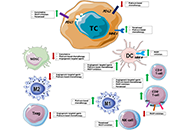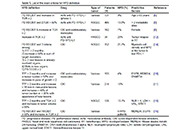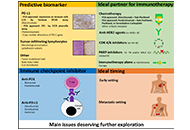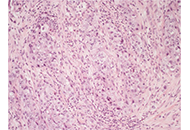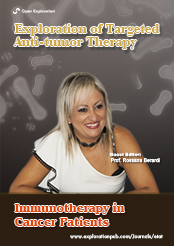
Immunotherapy in Cancer Patients
Guest Editor
Prof. Rossana Berardi E-Mail
Professor in Medical Oncology and Director of the Postgraduate School of Medical Oncology at Università Politecnica Marche; Director of Department of Medical Oncology, Director of “Genetic Cancer” Center and Breast Unit Coordinator at Ospedali Riuniti of Ancona, Italy
Research Keywords: thoracic cancer; breast cancer; neuroendocrine tumors; innovative therapies; COVID-19 and cancer
About the Special lssue
Immunotherapy in the last years improved outcome of cancer patients, inducing durable tumour responses, in particular in patients affected by NSCLC and melanoma. Immune checkpoint inhibitors regulate and stimulate the immune system to recognize and attack tumour cells. It is commonly better tolerated than chemotherapy and targeted therapy with a unique toxicity profile depending on their different of mechanism of activity.
These toxicities, despite rare, can be sometimes disabling.
However, some patients do not benefit from immunotherapy. Several original researches investigated the potential predictive role of clinical, pathological, laboratoristic factors to select responder patients.
Notwithstanding, a validated predictive parameters do not detected.
Immunotoxicity could involve all organs and systems requiring a specific management including steroids, immunomodulating therapy in multidisciplinary approach. Pathophysiology of immune-toxicity is still unclear. Parameters potentially associated with increased risk of immune-related adverse events are still under investigation.
This special issue focus on predictive factors of response and toxicity in cancer patients treated with immunotherapy in order to improve the management of those subjects.
 Women for Oncology – Italy supports this special issue.
Women for Oncology – Italy supports this special issue.
Keywords: immunotherapy; immune-related toxicity; multidisciplinary approach
Published Articles
